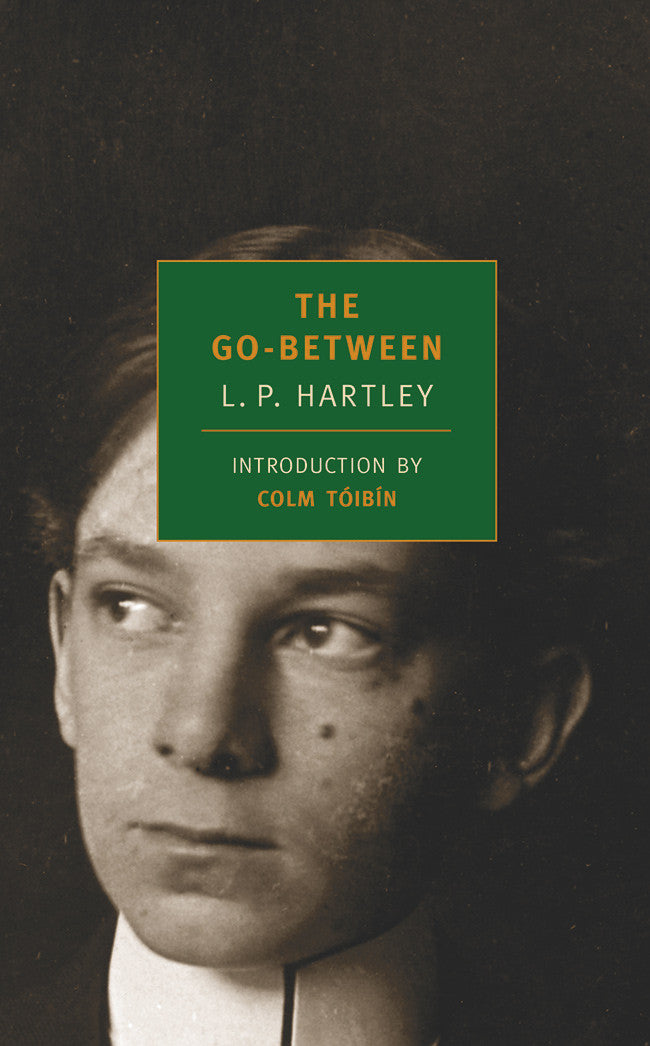Reflecting on the immense journey that is our history, many competing interim conclusions crowd the landscape. But at least one theme is clear. Scotland was never an inevitable destination. As we approached several crossroads, our destiny might easily have turned in different directions. Scotland could have become Pictland, Alba, Norseland or Northern England. This recurring sequence of uncertainties, real enough at the time, is a useful corrective to the temptation to read history backwards.
On my recent trip to Scotland I saw many famous names: Stirling Bridge. Bannockburn. Culloden. William Wallace. Robert the Bruce. Rob Roy. Mary, Queen of Scots. John Knox. Loch Ness. Loch Lomond. Glen Coe. Iona. But at the same time they were arranged for me in a kind of mental geography, I needed a book like Alistair Moffat's Scotland: A History from Earliest Times to help me arrange them into chronology and narrative--a big fat history of this beautiful country.
Moffat's history does indeed begin from earliest times, with the geological forces that created this landscape, with its volcanic islands and deep glacial lochs, and the prehistoric peoples whose mysterious "standing stones" still dot that landscape today. As Moffat moves forward through history, identifiable kingdoms begin to emerge: the Picts, the westerly Gaelic kingdom of Dal Riata, Northumbria, etc. Moffat shows how what we think of as Scotland and the Scottish people really emerge from a series of converging migrations and conquests: the indigenous Picts, the conquering Gaels, Romans, Norse, and Normans. (I found Moffat's reliance on DNA markers to trace this heritage a little tedious and suspicious, but I don't really know anything about it.) Scottish identity emerges only later on, with the battle of the Wars of Scottish Independence when William Wallace and Robert the Bruce fought to shake off English power and influence.
Scotland's relationship with its powerful neighbor to the south is a big theme in this history. To me, it seems as if the story goes something like this: after fending off English encroachment (and at times, direct control) for several hundred years, Scotland ends up sort of like the mouse that catches the cat when James VI becomes James I of England, bringing the two nations closer together than ever. But far from exerting a Scottish power over England, James' accession only further entrenches the entanglement that lasts all the way through the Acts of Union that create Great Britain in 1707 through the Jacobite uprisings, where forces loyal to the deposed line of James II tried to take the throne back from William of Orange, to the present day, when Scotland extracted the right to the reestablishment of its own parliament at the turn of the 21st century.
I knew some of that already, but there was much of it that was new to me, especially the line of hapless Stewarts that lead up, somehow, to the powerful reign of James VI and I, a narrative that's filled the expected gory and macabre details of medieval jockeying for power. I also enjoyed understanding better the internal conflict between Lowland and Highland Scots, which sometimes, but not always and never perfectly, maps to other conflicts: Protestant vs. Catholic, Scots vs. Gaelic, elite power vs. the hinterlands. Moffat makes a late point that really stuck with me, claiming that many of the symbols we associate with Scotland, like the kilt and the bagpipes, are cultural elements appropriated by a Lowland Scottish culture from a Highland culture where they're basically not found anymore--the irony of this being, of course, that through the Highland Clearances and the 19th century, these symbols were thought to be indicative of a primitive, savage backwardness.
To me, Moffat's book gets often too caught up in the details, the this-then-that, and misses the opportunity for a larger thematic understanding that might have helped a novice to Scottish history like me. I actually found the brief explanation of the Stewart line delivered by our tour bus driver on the Isle of Skye to be more digestible and understandable, though it must also be said that he illuminated the more detailed history of Moffat's I was already reading. I thought this was especially true of the military history, which gets bogged down in troop movements and strategies that I often felt myself straining to understand the larger importance of Stirling Bridge, or Bannockburn, or the massacre at Glen Coe. I actually found the most interesting and entertaining part of the book the little capsules Moffat includes about people, moments, and details that don't fit neatly into the overarching history. Scotland: A History from the Earliest Times is a big tome--I had to finish it on the 7-hour plane ride--but it ended up really enriching and elevating my exploration of this beautiful country.










